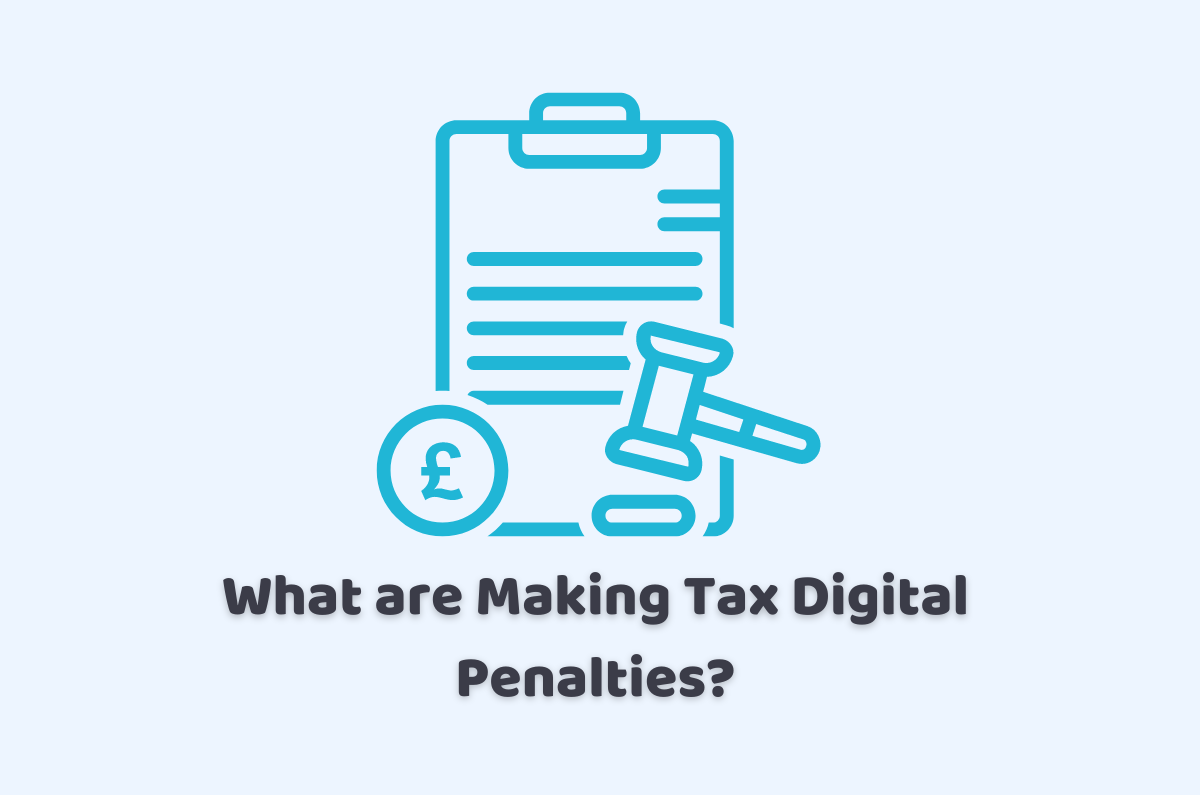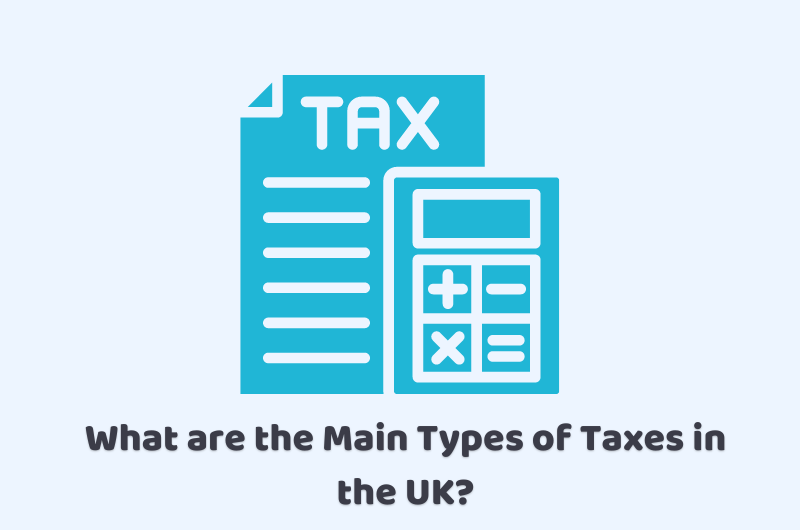
31/01/2024tax , Tax Issues , Tax News and Tips , Tax Saving Tips , Taxation
The rules surrounding stamp duty on gifted property in the UK can be complex, with different rates of tax applying to different types and values of property. One area where stamp duty can be particularly complex is in the transfer of property as a gift. In this instance, the rules surrounding stamp duty can be unclear and can depend on a range of factors, including the relationship between the donor and the recipient and the value of the property.
Given the complexity of the rules surrounding stamp duty on gifted property in the UK, it is important to seek the advice of a qualified professional, such as a lawyer or financial advisor, who can guide you through the process and ensure that you fully understand your tax obligations.
Reach out to one of our professionals to get to know about your tax liabilities in the Uk. Get in touch and you will be provided instant professional help!
Will I have to Pay Stamp Duty on Gifted Property?
If a property is gifted, i.e. given to another person for free, stamp duty may still be required to be paid. In the UK, the rules for stamp duty on gifted property can be complex and depend on a range of factors, including the relationship between the donor and the recipient, the value of the property, and the purpose of the gift.
One common scenario where stamp duty may need to be paid on a gifted property is on the transfer of a property from a parent to a child. In this case, stamp duty may be due at the time of the transfer, based on the current market value of the property. There may also be additional taxes to consider, such as inheritance tax, depending on the overall value of the estate.
It is important to note that the rules for stamp duty on gifted property in the UK can be complex, and it is always recommended to seek the advice of a qualified professional, such as a lawyer or financial advisor, who can guide the specific circumstances of the transaction. By working with a professional, individuals and families can ensure that they fully understand their tax obligations and can take appropriate steps to minimise their tax liability.
Can I Still Live There?
If a property has been given as a gift, then the donor (the person giving the gift) will have given up their ownership of the property. This means that the recipient (the person receiving the gift) becomes the new owner of the property. Once the property has been transferred, the recipient can decide what to do with the property, including renting it out, living in it, or selling it.
If the property has been given as a gift but the recipient plans to continue living in the property, it is important to consider the implications for inheritance tax. In general, if the recipient lives in the property as their main residence, and it is their only property, then there may be no charge to inheritance tax. However, it is important to note that the rules for inheritance tax can be complex and can depend on a range of factors.
It is always recommended to seek the advice of a qualified professional who can guide the specific circumstances of the transaction. By working with a professional, individuals and families can ensure that they fully understand their tax obligations and can take appropriate steps to minimise their tax liability.
What If You’re Left Land or Property in a Will?
If someone leaves you land or property in their will, you will become just as if it had been gifted to you. The law of succession says that when someone dies, their estate passes to their beneficiaries (i.e. people who stand to inherit from them) by their will or, if there is no will, by the inheritance laws of the jurisdiction in which they died. This means that the property will be transferred to the beneficiaries, who can then do what they wish with it.
It is important to note that, depending on the value of the property, taxes may be due upon transfer. For example, in the UK, Stamp Duty on gifted property or Land Tax is payable on the transfer of property upon death. In some cases, the beneficiaries may also be liable for Inheritance Tax on the property transferred to them.
What If You’re Given Property as a Gift?
If you are given a property as a gift, you will become the new owner of the property. The legal process for transferring the property will depend on the laws of the relevant jurisdiction, but in general, the donor will sign over the property to you as a gift and you will take ownership.
It is important to note that there may be tax implications for both the donor and the recipient, depending on the value of the property and the relationship between the donor and the recipient. For example, in the UK, Stamp Duty Land Tax may be payable on the transfer of the property, and the donor may be liable for Gift Tax on the amount of the gift. Additionally, if the transfer of the property is made in connection with the death of the donor, Inheritance Tax may be payable on the transfer of the property.
The Bottom Line
To wind up the discussion on stamp duty on gifted property, we can say that stamp duty is a tax that may be due when buying or selling property in the UK. When a property is gifted, there may still be stamp duty due, depending on the circumstances of the gift.
The rules for stamp duty on gifted property in the UK may be complex, and it is always recommended to seek the advice of a qualified professional, such as a lawyer or financial advisor, who can guide the specific circumstances of the transaction.
In addition to seeking professional advice, it is important to do your research and to understand the laws and regulations surrounding the transfer of property, particularly as they relate to tax matters. By taking a proactive approach to your estate planning and seeking the advice of a qualified professional, you can ensure that your assets are distributed under your wishes and that you minimise your tax liability.
Our team of professional members loves to hear out your problems and find out the possible and suitable solutions quickly for small businesses’ accounting problems. Call us or email us today.
Disclaimer: The information about the tax on stamp duty on gifted property provided in this blog includes text and graphics of general nature. It does not intend to disregard any of the professional advice.



